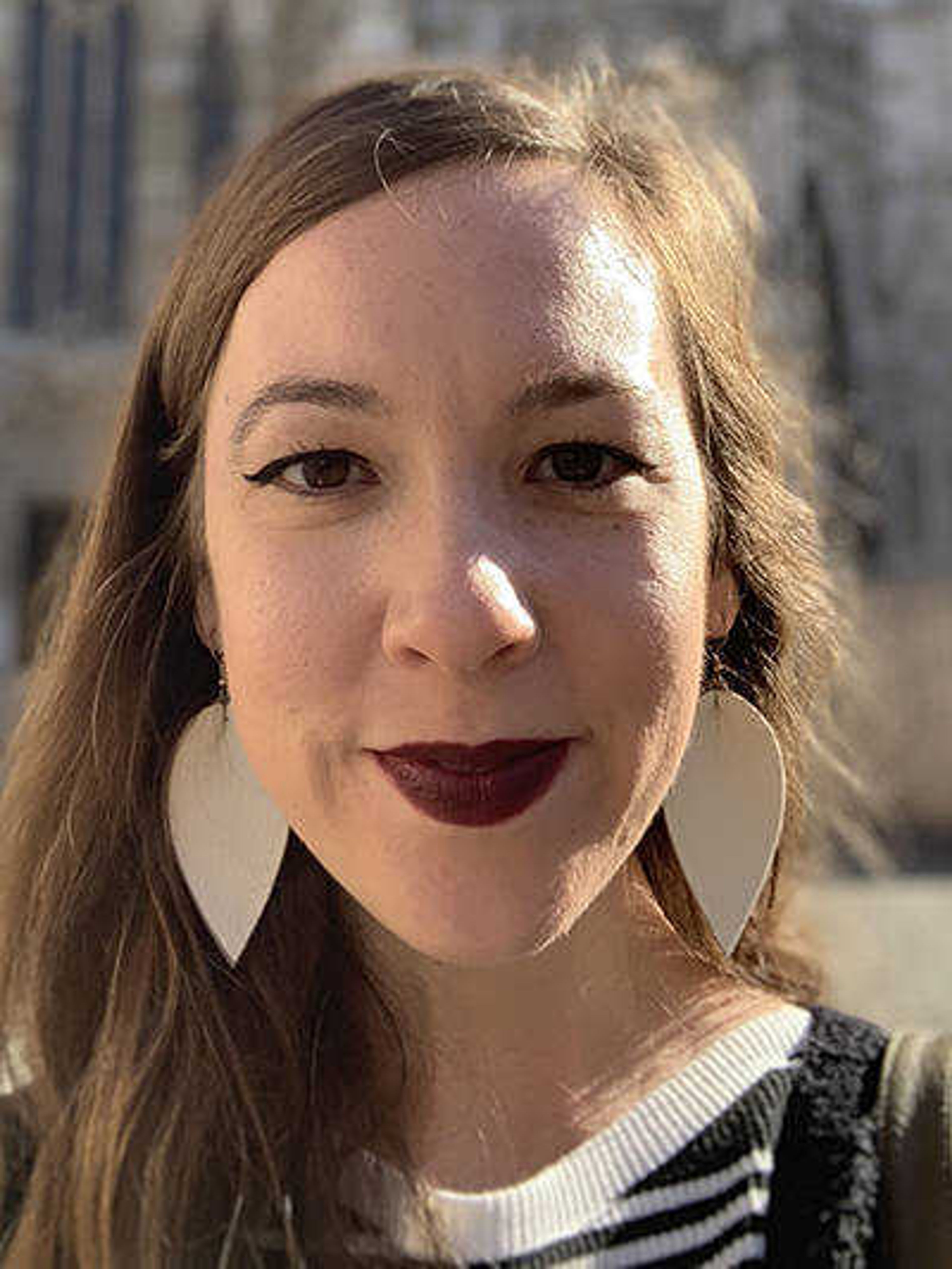These days after Christmas
The days after Christmas and the beginning of the year are quiet, like an exhale, all the world being what it is and inviting us in to be, too. After the hustle and bustle and expectation leading up to Christmas day, these days are a bit of a relief, this space in which we no longer anticipate, but relax back into the rhythm of what is before us. They invite us in again to the present moment, to discover the hidden beauty in silence and stillness and the barrenness of winter...
The days after Christmas and the beginning of the year are quiet, like an exhale, all the world being what it is and inviting us in to be, too. After the hustle and bustle and expectation leading up to Christmas day, these days are a bit of a relief, this space in which we no longer anticipate, but relax back into the rhythm of what is before us. They invite us in again to the present moment, to discover the hidden beauty in silence and stillness and the barrenness of winter.
It can also be a difficult or perplexing time, I think, if we feel that in the dailiness of our own lives, we are still waiting, while the calendars of both the Church and the secular world have moved forward to the joy of fulfillment.
Advent is the season in which we wait; it makes space and even heralds unfulfillment, making it a beautiful time to ask our questions and to not have answers. But the answers of our lives don't always move with the dates and times established by calendars. Part of the post-holiday disappointment that sometimes comes to us can be attributed, I think, to our realization that Christmas, with its long-awaited arrival, did not solve any problems. Now, we are in a season of celebration even if we are still waiting. It is, perhaps, a little bit like the feeling after a funeral. The realization: Oh. This person is still not here.
But perhaps answers are not always what we're called to as people who believe God, but rather, we are called to vigil. Christmas is our time to celebrate what we believe has happened and will one day happen again: the coming of the One who saves and fulfills us. It is not an answer or a possession, but rather a reminder to continue hoping and trusting in the promises and the One who promised them.
The truths of the Christmas season are still true after we take down the decorations and go about our day-to-day lives, continuing to ask our questions, receive God's grace and be transformed. We serve a God who operates outside the constraints of time. Like the women who brought their oil with them so they could trim their lamps as they stayed awake waiting, we wait for the "long-delayed" bridegroom to come. Christmas is our renewal that encourages us to continue waiting in hopeful expectation, the celebration that reminds us why we wait. These days after Christmas, then -- the Christmas season -- ask us to continue keeping vigil, even as we celebrate.
In his poem "Thinking My Country I Return to the Tree," the man who became Pope John Paul II, writing under the name Stanisław Andrzej Gruda, wrote, "This, the liturgy of history. Vigil is the word of the Lord and the word of the People, which we continually receive anew. The hours pass into the psalm of ceaseless conversion: we move toward participation in the Eucharist of the worlds."
As we receive anew this vigil, let us live the words of Next Project honoree Jeremiah Williams: "I [used to] ask 'why' a lot. Now, I say 'thank you.'"
As we move into 2021, we keep vigil, offering our questions to God, saying thank you.
Connect with the Southeast Missourian Newsroom:
For corrections to this story or other insights for the editor, click here. To submit a letter to the editor, click here. To learn about the Southeast Missourian’s AI Policy, click here.










